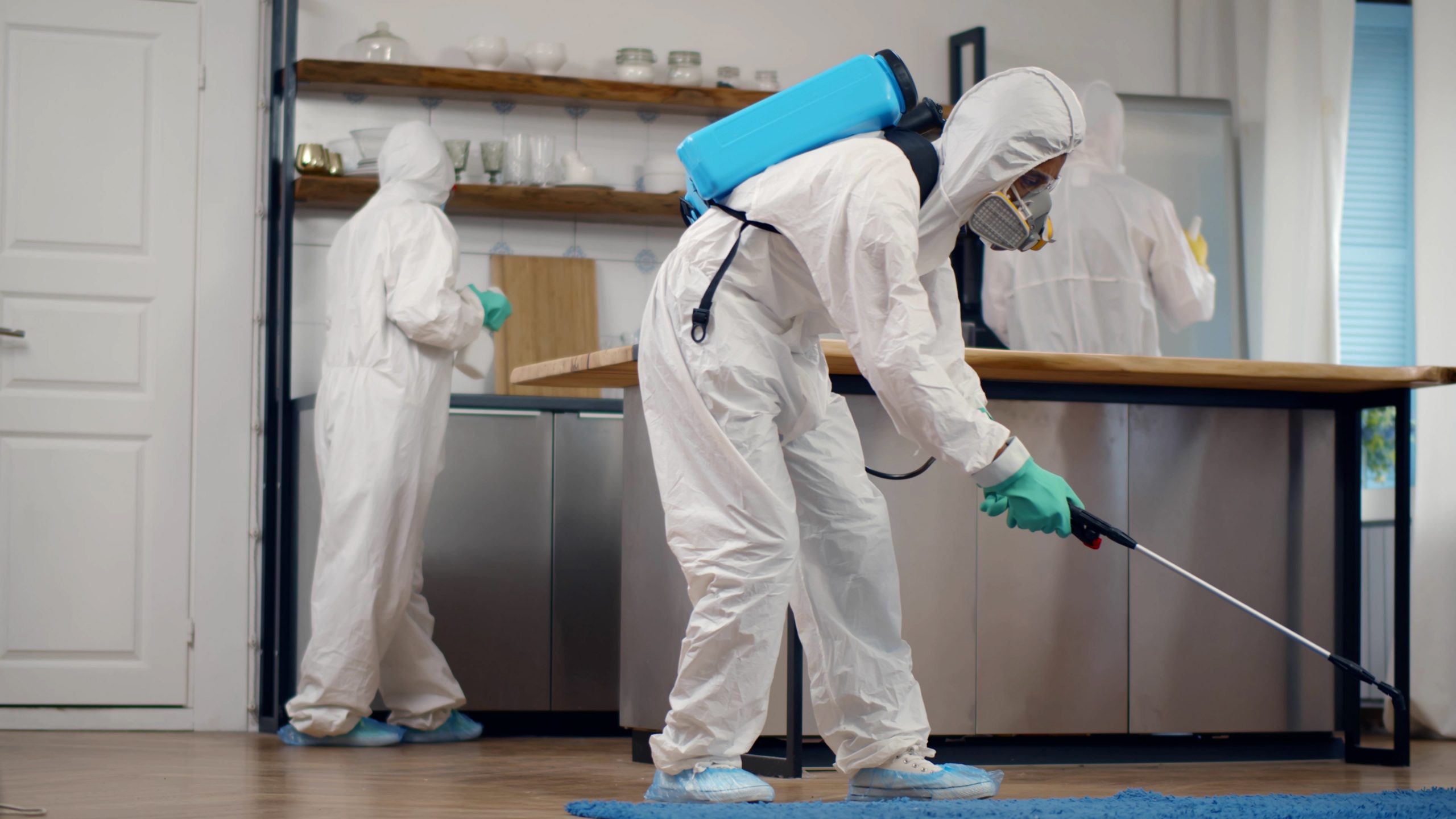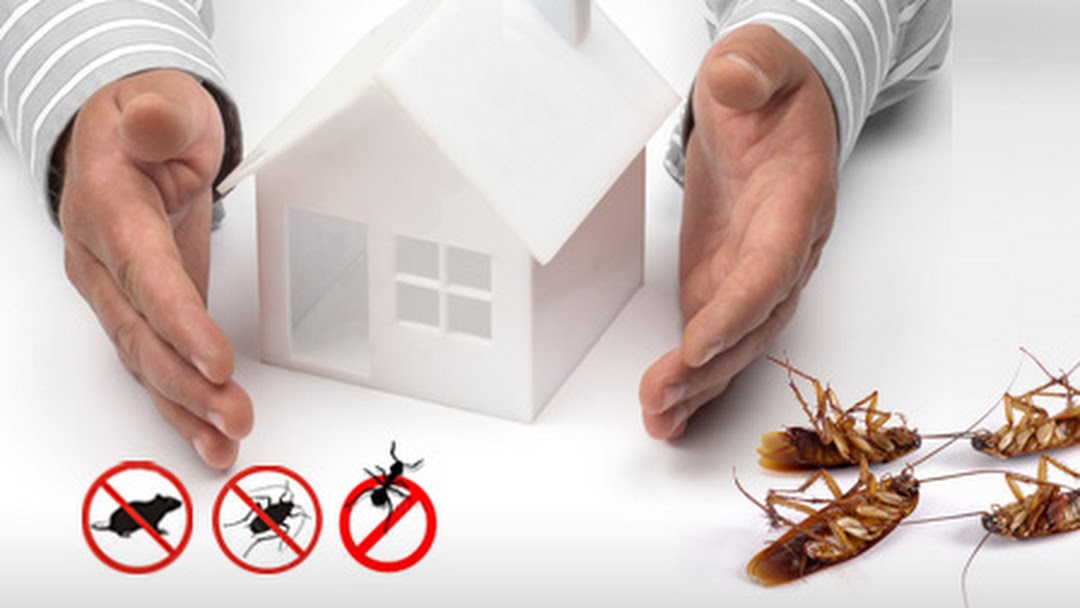Effective Coquitlam Pest Control Solutions for a Pest-Free Environment
Effective Coquitlam Pest Control Solutions for a Pest-Free Environment
Blog Article
Safe and Reputable Parasite Control for Lasting Defense
Effective parasite administration needs a multifaceted strategy that balances ecological honesty with the requirement for efficient insect reductions. The nuances of these approaches might not be promptly clear, triggering a closer assessment of the practices that can lead to lasting pest control end results.
Comprehending Pest Control Techniques
Pest control includes a variety of techniques focused on managing and removing undesirable insects and rats that can threaten both health and wellness and residential or commercial property. Recognizing these approaches is essential for efficient insect management.
The main categories of insect control approaches consist of mechanical, organic, and chemical methods. Mechanical approaches involve physical barriers and traps to stop pest entrance and capture undesirable species. For example, utilizing displays on windows or employing sticky traps can substantially decrease parasite populaces without introducing harmful compounds.

Chemical bug control is commonly one of the most acknowledged technique, making use of chemicals to get rid of pests. These chemicals can be effective yet have to be utilized with caution to avoid damaging effects on non-target species and the setting.
Advantages of Eco-Friendly Solutions
How can eco-friendly solutions transform bug control techniques? The adoption of environment-friendly pest control approaches supplies various advantages, dramatically enhancing the effectiveness and safety of insect administration.

Another advantage is the positive effect on local biodiversity. Eco-friendly options are made to target details parasites while maintaining valuable pests and wild animals, promoting a well balanced environment. This technique lines up with the growing consumer need for lasting methods, improving the track record of insect control suppliers.
Integrated Bug Administration Methods
The implementation of environmentally friendly remedies naturally causes the adoption of Integrated Pest Administration (IPM) strategies, which better improve insect control efficiency. IPM is an all natural technique that combines numerous techniques to manage parasite populations while decreasing ecological effect. This strategy stresses the use of organic, social, mechanical, and chemical controls, ensuring a lasting and well balanced technique of pest management.
One basic aspect of IPM is the comprehensive analysis of insect task and environmental conditions. By monitoring bug populations and determining their life process, specialists can apply targeted interventions that interrupt the parasite's habitat or lifecycle, lowering reliance on chemical pesticides. Furthermore, social practices such as crop turning and environment manipulation can significantly decrease parasite establishment and reproduction.
Another essential element is the usage of biological control agents, such as advantageous bugs or microorganisms, which can naturally subdue parasite populations. When chemical applications are required, IPM focuses on the usage check that of low-risk pesticides and applies them uniquely, reducing exposure to non-target microorganisms and human beings.
Including IPM strategies not just improves insect control efficiency however additionally advertises a more secure ecological community, aligning with the growing demand for sustainable practices in insect administration.
Safe Practices for House Owners
Understanding the significance of risk-free methods in insect control can equip house owners to successfully take care of parasite issues while protecting their health and wellness and the atmosphere. Implementing non-toxic approaches and safety nets is important in lessening exposure to hazardous chemicals.
Property owners ought to first analyze their atmosphere for conditions that bring in insects, such as standing water, clutter, and food waste. Consistently cleaning and securing entrance factors can prevent insects from attacking the home. Using all-natural deterrents, such as vital oils or diatomaceous american pest control planet, can offer reliable options to chemical pesticides.
When chemical treatments are needed, property owners need to select items that are specifically classified as safe for property usage. It is vital to comply with application standards carefully to stay clear of overexposure. In addition, using targeted therapies in locations where pests are determined, instead than blanket spraying, can significantly minimize chemical usage.
Last but not least, maintaining open communication with bug control specialists is important. House owners need to ask about the safety and security of items made use of and request environmentally friendly alternatives whenever possible. By adopting these risk-free methods, house owners can produce a much healthier living setting while properly managing pest issues.

Tips for Long-Term Protection
Establishing a pest management strategy that emphasizes long-term protection can significantly improve the effectiveness of the safe practices formerly reviewed. To attain this, homeowners should execute normal assessments of their property, concentrating on concealed locations such as attics, cellars, and crawl rooms. Early discovery of parasite task is important in protecting against invasions from taking hold.
In addition, maintaining a tidy environment is essential. This includes proper food storage space, quickly cleaning spills, and regularly taking care of trash. These methods decrease attractants that draw bugs right into the home. Sealing entry points, such as cracks around windows and doors, can properly obstruct prospective parasite access.
Landscape design must also be taken into consideration; maintaining plants cut and preserving a range in between vegetation and the home lessens hiding places for parasites. Utilizing natural deterrents, such as important oils or diatomaceous earth, can additionally dissuade problems without turning to severe chemicals.
Last but not least, teaming up with a specialist parasite control service for routine examinations can provide an added layer of protection. These specialists can offer tailored referrals and progressed treatments, making sure that your home remains shielded versus parasites in you could try this out the lengthy term.
Verdict
In final thought, reliable and risk-free pest control calls for a multifaceted approach that highlights environmentally friendly approaches and integrated bug monitoring. By applying natural deterrents, carrying out routine examinations, and preserving correct hygiene, homeowner can considerably decrease pest populaces while safeguarding valuable insects and the setting. Cooperation with expert insect control services enhances the performance of these approaches, guaranteeing tailored solutions that provide long-term defense and satisfaction against future infestations.
Reliable pest management requires a complex technique that balances eco-friendly stability with the need for effective insect suppression. The fostering of eco-friendly bug control techniques provides numerous advantages, dramatically boosting the efficiency and safety of parasite administration.The execution of environmentally friendly solutions normally leads to the adoption of Integrated Bug Management (IPM) approaches, which additionally enhance bug control efficacy. exterminator coquitlam. By monitoring bug populations and recognizing their life cycles, professionals can carry out targeted treatments that disrupt the bug's habitat or lifecycle, lowering reliance on chemical pesticides.In conclusion, reliable and risk-free bug control requires a diverse technique that emphasizes environmentally friendly approaches and incorporated insect management
Report this page